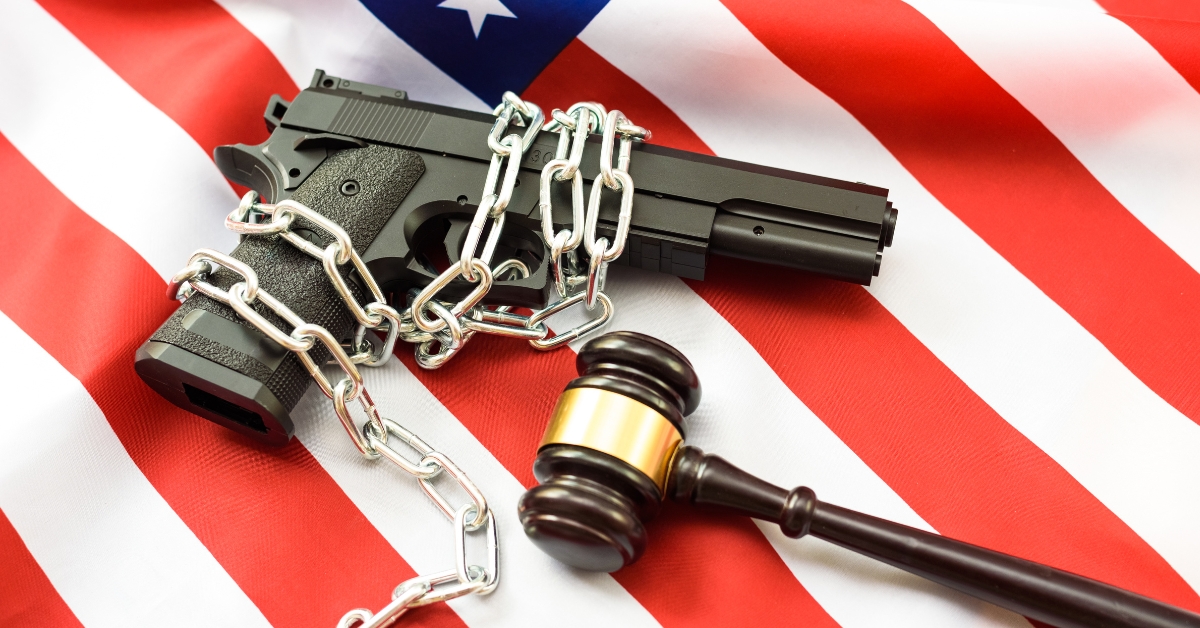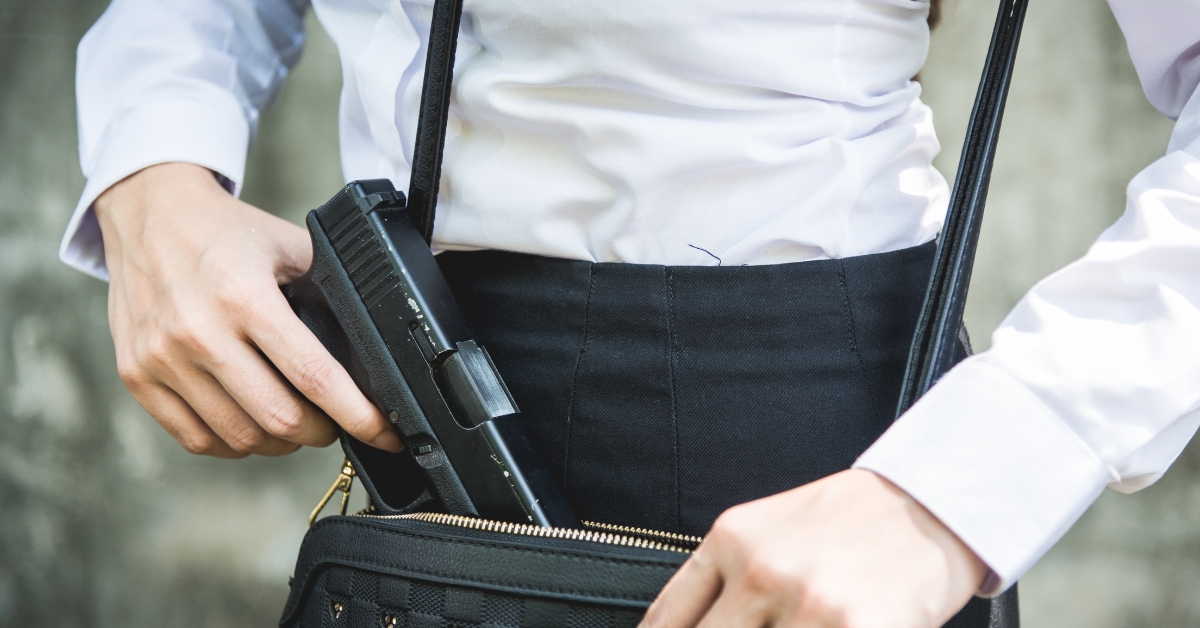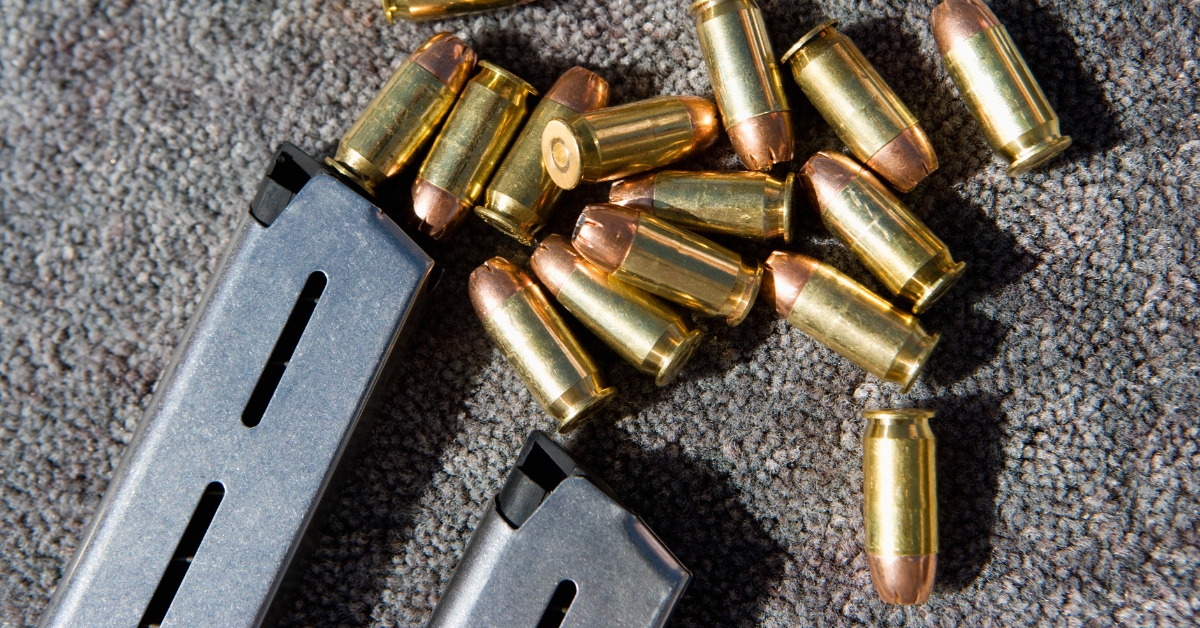
New York State Sued Over Its Treatment of Non-Resident Gun-Owners
Gun Owners of America (GOA) has initiated a federal lawsuit challenging New York State’s draconian laws that essentially nullify the Second Amendment rights of most non-residents. New York, a state notorious for its restrictive gun policies, not only refuses to recognize concealed carry licenses from other states but also offers no pathway for most non-residents to obtain a permit, essentially rendering the constitutional right to bear arms non-existent for the vast majority of Americans once they cross into New York territory.
This legal battle, backed by GOA and featuring several plaintiffs, including Second Amendment advocate Carl Higbie, aims to confront New York’s outright infringement on constitutional rights head-on. It’s an egregious affront to liberty that individuals who are licensed to carry concealed weapons in their home states are denied their rights in New York, a state that stands alone in its refusal to allow non-residents to exercise their Second Amendment rights within its borders.
The lawsuit is not just about concealed carry permits; it’s a fight for the very soul of the Second Amendment. The case argues that New York’s laws violate both the Second and Fourteenth Amendments and the privileges and immunities of state citizenship, which should guarantee that rights held by Americans are not stripped away when they enter New York. Moreover, the refusal to recognize out-of-state permits challenges the Full Faith and Credit Clause, demanding that New York honor the permits issued by other states.
New York’s gun control regime doesn’t stop with non-residents. Even within the state, permits issued in most counties are not valid in New York City, creating a bewildering patchwork of regulations that ensnare law-abiding citizens in legal peril for merely exercising their rights. This lawsuit could set a precedent, challenging not just New York’s treatment of non-residents, but also the city’s absurd restrictions on its own state’s permit holders.
The plaintiffs, supported by GOA, are courageously standing up to New York’s unconstitutional barriers, demanding that the state align with the principles of liberty and justice that form the bedrock of our nation. If successful, this case could pave the way for a more unified and respectful approach to concealed carry rights across the country, ensuring that the Second Amendment is honored in every state, for every citizen.
This lawsuit is a critical step in the fight to restore and preserve the rights guaranteed by the Second Amendment. New York’s blatant disregard for constitutional liberties cannot go unchallenged. It’s time for the courts to reaffirm that the right to keep and bear arms does not vanish at the state line, ensuring that all Americans are free to exercise their rights, regardless of where they find themselves in the nation.











